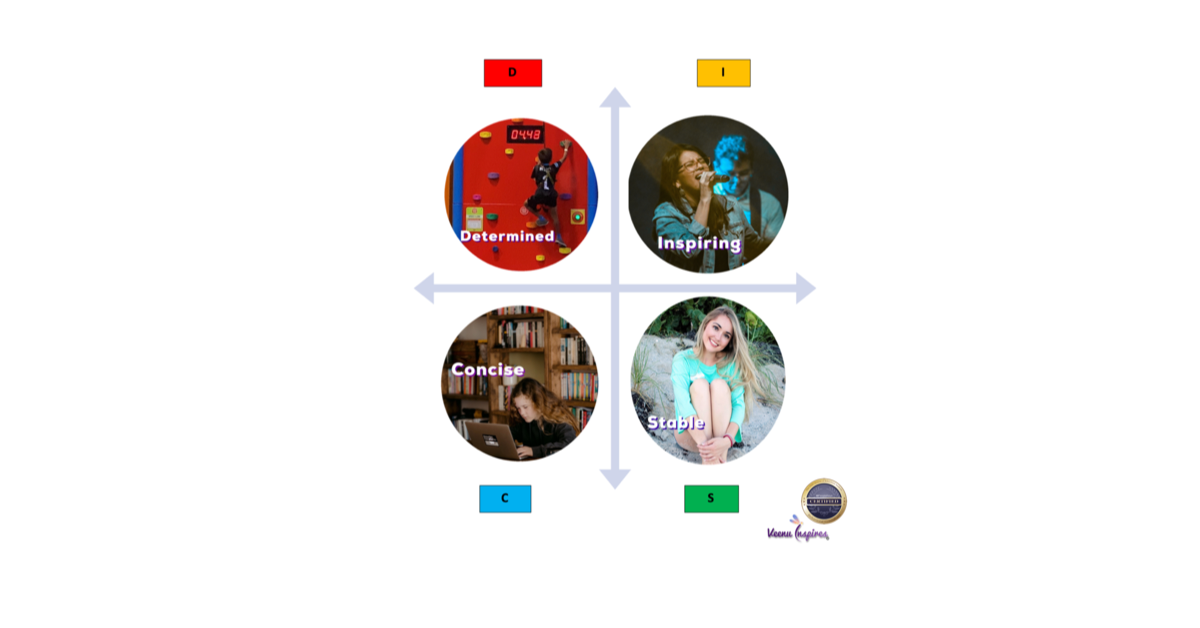No one prepares you for the how relationships will be with your child. When we are younger and playing house, all I remember was taking care of my pretend child’s needs. I never worried if they liked me, or if they were going to be mad at me or if we would have power struggles. Then one day I grew up and had 4 children on my own. Going from infant to toddler to child, to pre-teen, to teen then to adult took a toll on me and my emotions. There were many times I wondered, am I doing it right? Are my children and I supposed to argue so much? Why am I yelling all the time like my mom? Why can’t my children just be my best friend?
There is a lot of times where I just felt defeated or disconnected to my children. I had so many expectations for them, and with that I thought I was the one to shape them and they way they thought. What I didn’t realize until years later (2 of them are adults now) that our children are their own person. Their personalities start developing at a young age. Yes, experiences, role models, and DNA do play a part in the development of their core, but there are other factors that play a huge part in the development of your child’s personality.
There are several developmental stages that your child will grow through from infant to adult. As they get older, they seek more independence. Remember the day when you wished, your child would walk, talk, use the bathroom, eat on their own? Then it happened. As they got older there were other tasks that were called upon you to take care of, and now you wish they would just be that little baby in your arms, cuddling, on your schedule. What happened to the child that wanted me to hug them, snuggle them? Now all they want to do is argue, and share their opinion.
As your child grows and changes so does your relationships. What if you had an opportunity to understand your child at a deeper level. What if you could recreate a relationship by understanding how they receive information, how they communicate, how they receive appreciation, what their biggest fears are, what their strengths are and what their weakness are? What kind of relationship would you have then? What are the possibilities?
Here are 5 ways The DISC™ can help you learn all these attributes and help you recreate a more enriched relationship with your child.
1. Understanding the individual your child is, and not seeing them the way you want to.
Sometimes it is easy to recognize our children personality from the get-go. Have you ever said, “oh he is just like his dad?” What you are seeing is the same personality traits in your son as you see in your husband. You might even notice your son listens or doesn’t listen the way your husband does. Maybe they are both very driven my order and tasks? Then here you are as mom, feeling like, “no one listens.” You are start talking and explaining and yet nothing changes. The reason is, you are probably an “I” personality, who is an extrovert, people person, wanting to talk openly and connect. Where your husband is probably a “C” personality who is very task oriented, wanting to get the results and doesn’t want to spend a lot of time talking. He is probably more of an introvert. The reason is you have a different communication style then your husband and your son. When working with The DISC™ theory, you have an opportunity to see specifically how your child receives information, and why what you are saying and doing isn’t working. Sometimes we luck out and our child is just like us and we feel they are the “easy” child. When in fact they just receive information the way you do. What if you were able to see how your son and your husband actually received information and processed it? How many issues in your relationship with your husband and parenting would be resolved just with knowing this information?
2. Understanding what my child’s behavior is really saying?
What if you were able to understand the behavior of your child? Behavior is actually a way we communicate to get our needs met. I know 1st hand how frustrating it is when you are having a bad day, and your child seems to be having one too. The DISC™ theory gives you an opportunity to identify what the behavior is as well as help your child understand what he or she is feeling. Depending on the age, most of the time when you ask a kid what they are feeling, they will answer “I am mad.” Yes, their current behavior is demonstrating that, but what if your child and you could understand what triggered them to be “mad.” Did they feel something was unfair, maybe they felt rejected or left out, maybe it came across of anxiety because there was a change coming or, or maybe they just felt criticized. Whatever it is, The DISC™ assessment will help you and your child to identify so you can give them the support they need.
3. What you focus on you get more of.
Some of the most intense power struggles came from my son not wanting to do his chores and me insisting he do them. I was always focused on what he wasn’t doing instead of what he was doing. When you understand the personality of your child or anyone around you, you will see what strengths they pose. When you are aware of the strengths you are able to focus more on what they are doing right as opposed to what they are doing wrong. When you are able to appreciate your child in a way he or she will receive it, they tend to want to more to gain even more appreciation. It is natural for people and children to go towards pleasure and away from pain. The DISC™ helps identify the strengths your child has. When you know that it is easier to approach them to do more, especially when it will include things, they are good at. So if you know your son is a high C on The DISC™ assessment, the more details they have about the job or task the more inclined they will want to complete and complete with perfection. Then when you add, how they are such an amazing organizer and fill them with praise for the job they have done in the past, that will encourage them even more to complete what you are asking.
4. How to give advice that your Children will listen to.
Having 6 children total, I can honestly tell you the amount of frustration that creeps in when my children to not listen. When understanding each other’s personalities through The DISC™ I was able to not only give advice, but give it in a way that I didn’t feel like I was talking to a wall. Each personality has different triggers that will make them defensive. It is so important knowing their DISC style when it comes to giving them advice, so you know how to shape the way you deliver it.
With a child with these personalities if you said it this way, you as the parent might feel ignored or you may have the start of an argument, because they feel defensive
D = You are not in charge, stop telling everyone what to do
I = You are talking way too much.
S = Things are not always your way; you need to be flexible
C = You didn’t do this right; you can do better
To get your child to hear the advice and take action, if you knew their style you might address it like this:
D = Everyone wants a turn, why don’t you come up with a schedule
I = I love how much detail you put into things, what if you gave only gave 2
S = Let’s have some fun, and change things up a bit.
C = You did a great job, what if we added, this to it?
What is important is they way you word it and the tonality you take. A “D” and an “I” are more assertive and extrovert, you could probably be more direct in your presentation to them. A “S” and “C’s” though are more passive and sensitive. They need to be told in a more nurturing way.
5. How to get your kid to engage with you?
I wish, I knew this years ago. I remember as my boys became teenagers, I felt so disconnected to them. I was always asking them to do things, and both were not interested. By knowing what your child’s DISC style it, can benefit you with knowing how to engage with them.
D = They love a challenge. So finding activities that will challenge them, give them an adrenaline rush, like a sport or a game that is competitive.
I = They are your social butterflies, so finding anything to do with them that they can connect and be social, like a bar-b-que with friends or a party.
S = They love routine, something that is familiar to them. Find an interest they love to do that is not with a lot of people, like bowling, miniature golfing, or a movie. They might appreciate more of the 1 on 1 time with you.
C = They like to plan things and know the details. Plan something with them, by giving them the date, time and what the activity will include, will make them happy. They are not keen with crowds; they enjoy more of the 1 on 1.
I am able to give my younger children more quality time now because I understand what they need and how to present it. With my twins, I have one that is very social, while the other is very passive. Not only does this give me an opportunity to have a deeper connection, it allows me to avoid them not engaging with me.
Why The DISC™
Remember that every one of us is a certain style. One is not better than the other. The benefit in knowing your own style will help you identify your strengths and weakness help you communicate to others what your needs are. All relationships are built on trust. In order to have trust you have to know how to communicate. When you learn about your children’s DISC style it will support you in guiding your child in a more powerful way. It will nurture their strengths, help them understand their own emotions, reduce or eliminate behaviors, create a more engaging relationship and most of all create a happy, balanced and peaceful home life.
If you would like to find out more, schedule a FREE call with me today.


